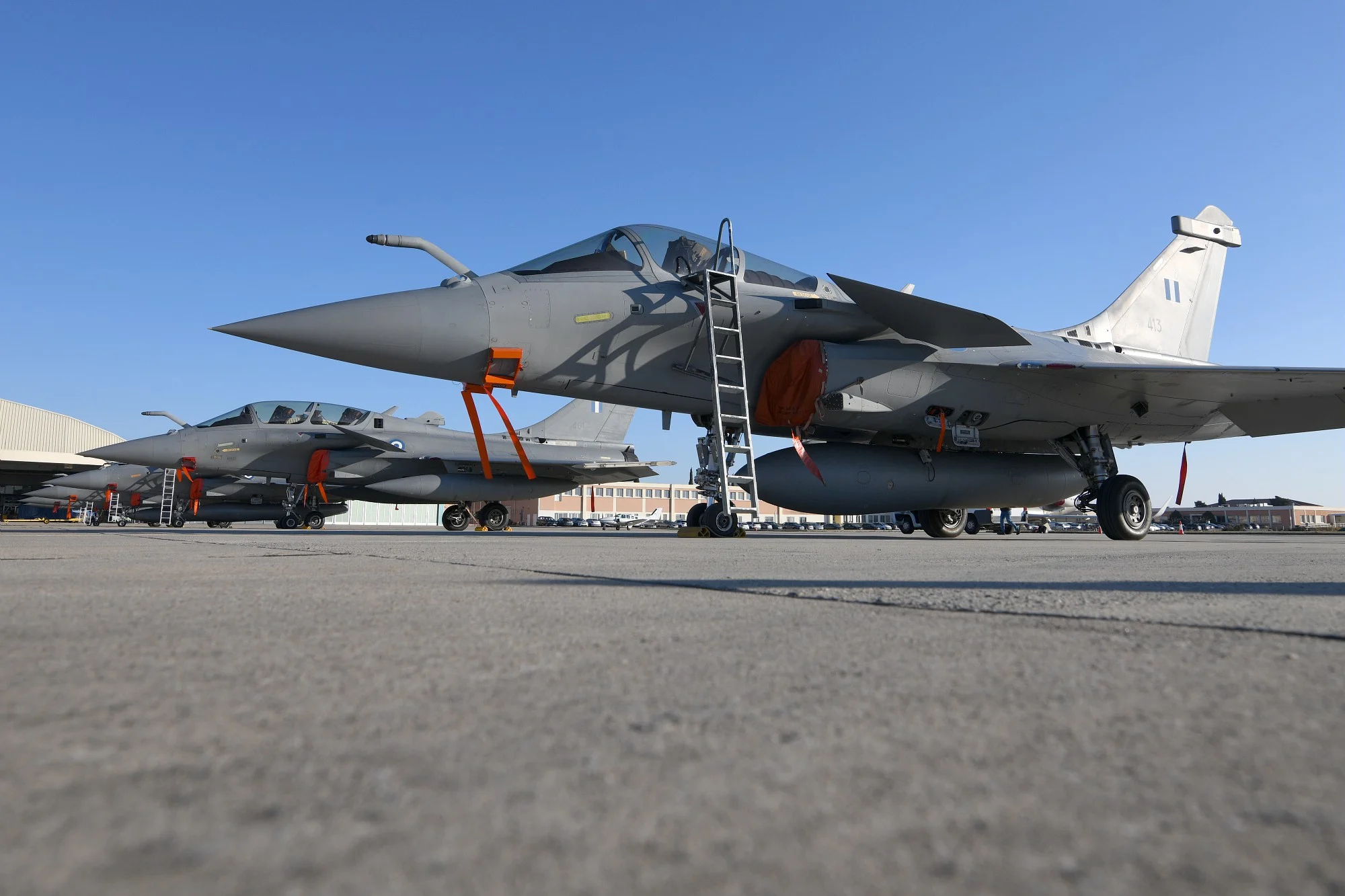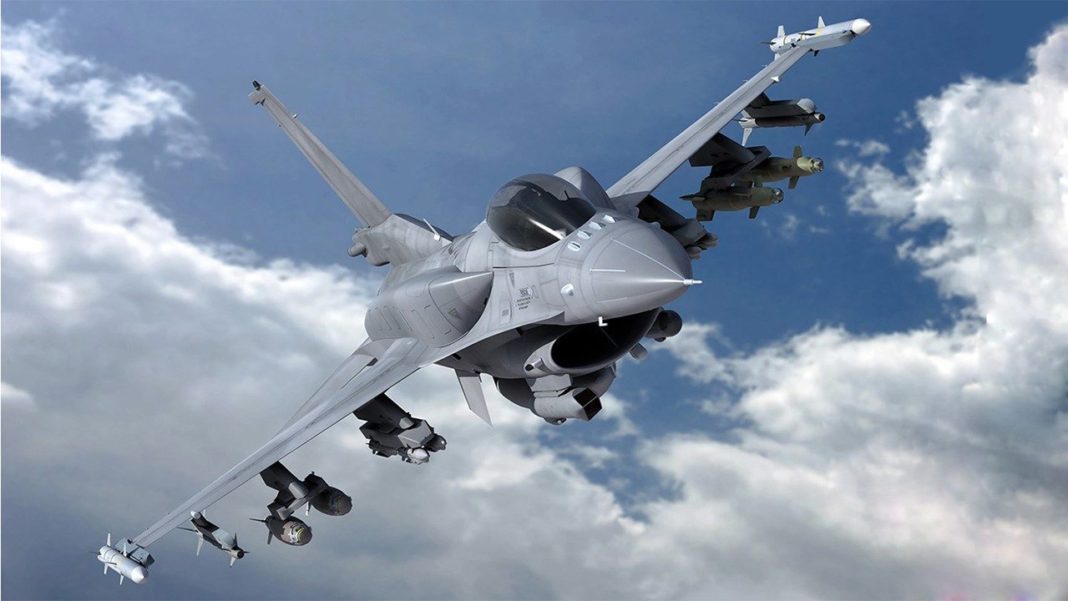In the absence of progress by the Biden administration in approving the sale of the F-16 Block 70 Viper to Turkey, President Erdogan would consider purchasing new fighters from alternative suppliers.
Plans to modernize Turkey’s large F-16 fleet include the implementation of the ÖZGÜR project to upgrade 35 F-16 Block 30s with in-house technology and the purchase of 80 Viper modernization kits (for later-block F-16s) as well as 40 new build F-16 Block 70s from Lockheed Martin.
These plans were supported by Washington during the NATO summit in Madrid, after Ankara lifted its veto on Finland and Sweden joining the alliance.
See also: F-16 Block 70s are getting closer to Turkey
Even U.S. President Joe Biden promised his counterpart, Recep Tayyip Erdogan, that he would do everything possible to get the F-16 Viper to Turkey. «I need congressional approval to do this and I think I can get it,» Biden assured Erdogan personally in Madrid.
But according to Turkish media sources, Erdogan admits that the negotiations are not progressing as expected, in part, because the Republican sector of the US Congress does not support the sale.
A «complicated» ally
While the situation on NATO’s southeastern flank was always complex, given the strained (with sporadic escalations of aggression) relations between Greece and Turkey, in recent years the situation has been worsening, as both Athens and Ankara have raised the confrontational tone over the disputed sovereignty of the Aegean islands.
To approve the sale, the U.S. Congress wants to ensure that the F-16s would not violate Greek territorial integrity, but since those very borders are the object of contention, Ankara would have rejected that condition, as it could be understood as a de facto recognition of Athens’ sovereignty over almost the entire Aegean Sea.

On the other hand, no one has yet forgotten that Turkey was subject to sanctions and was expelled from the JSF F-35 program, of which it was one of the original partners and had ordered more than 100 aircraft, after the purchase and activation of the Russian S-400 air defense systems. And recently information emerged that Ankara is ordering a second battery of these missiles.
See also: «Turkey will not rejoin the F-35 program», House Armed Services Committee says
Alternative suppliers to the U.S.
During a press conference, President Recep Tayyip Erdoga pointed out that «it is not only the United States that sells fighter jets in the world. England sells, France sells, Russia sells, it is possible to get it from anywhere. For this, there are some who are already sending us signals.»
Although Russia has been trying to expand military cooperation with Turkey for years, offering the Su-35 and Su-57, it seems difficult that as long as the war in Ukraine lasts, any country will risk a barrage of sanctions for shopping in Moscow. If the acquisition of the S-400 resulted in the expulsion of the F-35 program, what consequences could a purchase of Russian military hardware have for Ankara today?
The mention of France is also very strange, since today Athens and Paris have a sort of strategic alliance in the Aegean and Eastern Mediterranean, in opposition to Turkish interests. And this partnership is evidenced by the recent acquisition of 24 Dassault Rafale for the Hellenic Air Force and French frigates for the Greek Navy.

However, the UK-promoted Eurofighter Typhoon would have a realistic chance of winning a contract in Turkey, as British companies such as Rolls-Royce and BAE Systems are interested in participating in the TF-X program, the fifth-generation fighter being developed by Turkey.
Another reason is that Ankara is following with interest the development of the Tempest program for a sixth-generation air dominance system, and could ask to join the team in the future. Finally, as the Typhoon is a fighter produced by NATO member countries, its purchase would not trigger any sanctions or unrest within the alliance.
See also: Common airframe to be developed for Tempest and F-X
Erdogan’s words are undoubtedly aimed at pressuring the US Congress to release the sale of the F-16 Viper, but if the US fighters remain elusive, the alternative is on the table.




